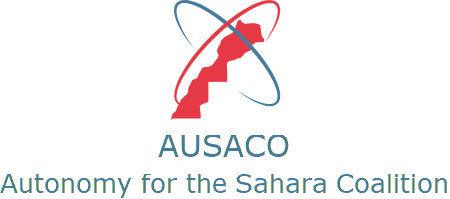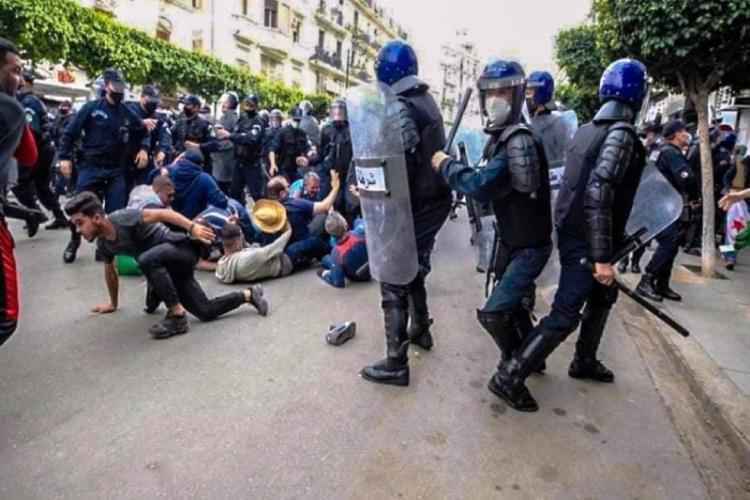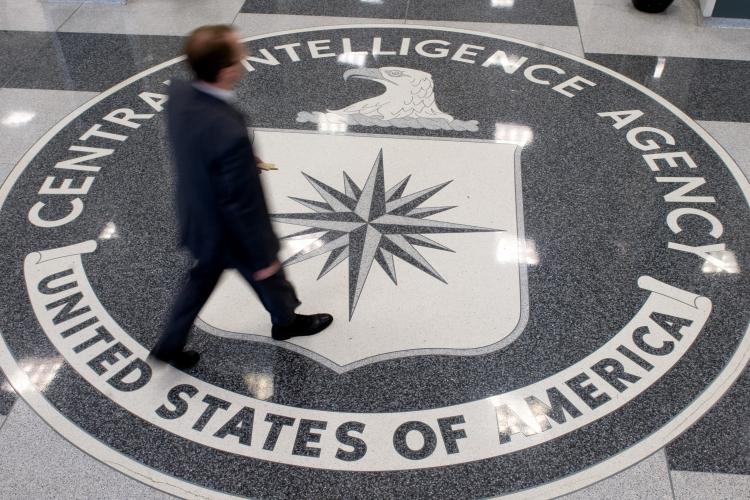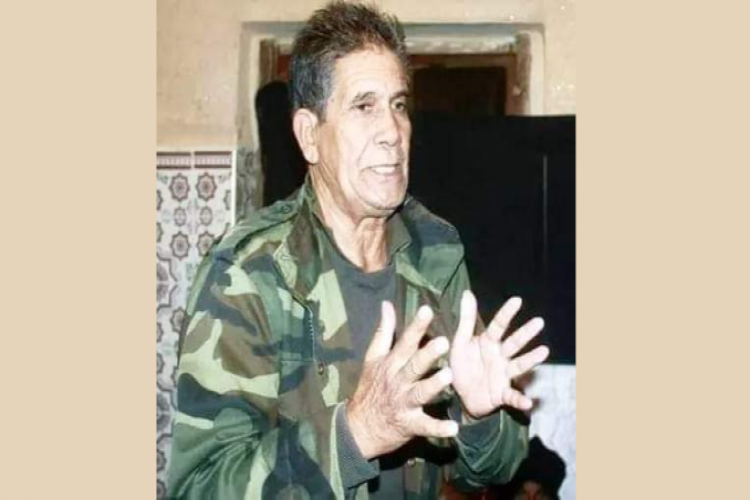1- Morocco's Commitment for the Peaceful Settlement of the Question of SaharaDespite this situation, Morocco continued to show its commitment for a peaceful solution to the extent of proposing, in the Summit of the Organization of African Unity (OAU), held in Nairobi in 1981, the organization of a referendum to put an end to the fake regional dispute created in this respect. However, when the OAU admitted within its organs, a "Saharan Republic" based in the Algerian territory of Tindouf, Morocco had to withdraw from the regional Organization.In view of the failure in reaching an African solution, Morocco simply resorted to the United Nations to entrust the Organization with finding a solution to the dispute. UN efforts materialized in the settlement plan of 1990 that included a cease-fire and the organization of a referendum to choose between staying under Moroccan sovereignty or independence.The Settlement Plan faced difficulties in the implementation of its main provisions, starting with the identification process that constitutes the essential element. Despite successive adjustments made to the Plan on the technical level, it proved to be inoperative.These difficulties were identified by the UN Secretary General and his Personal Envoy in the report dated 12 July,2000. These difficulties are mainly related to the following:
- The identification of persons not yet auditioned by MINURSO;
- The conduct of the appeals procedure;
- The reinstatement of 7000 Moroccan candidates approved and then withdrawn from the provisional voting list into their right to participate in the referendum;
- The enforcement of the referendum results;
- The implementation of the code of conduct to be respected during the referendum campaign;
- The requirement of concordance in testimonies by Shiukh (tribal leaders) representing Morocco and Polisario;
- Marginalizing oral testimony as a proof while the Settlement Plan itself deems it of equal force as Spanish documents for the purposes of identification and appeals;
- The repatriation of refugees.
Since the launching of this plan, Morocco took all the measures to implement it in good faith, cooperating unreservedly with MINURSO and providing the latter with the necessary means to discharge its mission.2-The Inapplicability of the Settlement PlanThe accumulation of problems and dead-end situations that paralyzed the implementation of the Settlement Plan led the UN Secretary General to seek the good offices of the former US Secretary of State, Mr. James Baker, in 1997 then in 1999, with a view to assess the implementation of the Plan and to make, if need be, a recommendation of other means to settle the dispute.After many vain attempts to restart the implementation of the Plan, the Secretary General and his Personal Envoy concluded that after nine years "it has not been possible (…) to implement in full any of the main provisions of the United Nations Settlement Plan" (Report of 17 February 2000).In accordance with his mandate, Mr. James Baker held four meetings intended to respond to the aspiration of the international community to see this question settled definitely and democratically. The meetings were successively held in London (14 May and 28 June 2000), Geneva (July 2000) and Berlin (September 2000).Following these meetings, Mr. Baker was of the view that "it is much better to reach a political solution than seeing the process collapse as this could lead to the resumption of hostilities, which must be avoided at any cost."On the basis of the findings by the two highest UN officials in charge of this question, the Security Council adopted its Resolution 1309 of 25 July 2000, inviting the parties "to try to resolve the multiple problems relating to the implementation of the Settlement Plan and to try to agree upon a mutually acceptable political solution to their dispute over Western Sahara".



